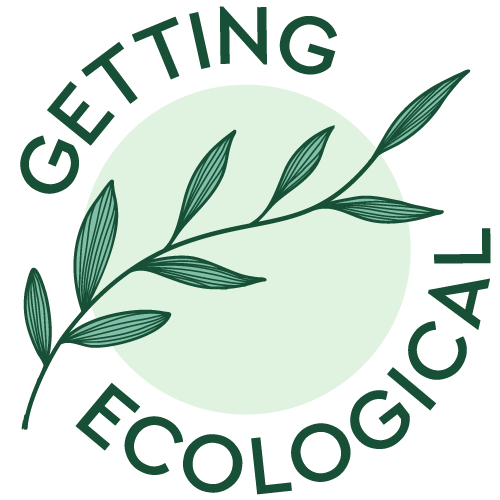Growing your own vegetables can be a rewarding way to reduce your carbon footprint while enjoying fresh, tasty produce. Some crops are particularly beneficial for the environment, requiring less water, fewer pesticides, and less fertilizer.
Here are the ten most eco-friendly vegetables you can grow in your garden.
1. Lettuce
Easy to Grow and Low Maintenance
Lettuce grows quickly and doesn’t require much space or resources, making it an ideal choice for eco-friendly gardening. It can even be grown in smaller containers or interspersed between other plants as a natural pest deterrent.
2. Spinach
Thrives in Cool Weather
Spinach is another low-maintenance vegetable, thriving in cool temperatures and partial shade. It grows quickly, yielding multiple harvests per season, and its early maturity can help reduce the use of resources over a long growing period.
3. Tomatoes
High Yield from Few Plants
Tomatoes can produce a large amount of fruit from just a few plants, making them a resource-efficient option. Growing tomatoes vertically on trellises can also help maximize space and reduce the likelihood of disease.
4. Peas
Natural Soil Enrichers
Peas fix nitrogen in the soil, which can help improve soil fertility for other plants in your garden. This reduces the need for synthetic fertilizers, making peas a great companion in any vegetable patch.
5. Beans
Diverse Varieties with Minimal Needs
Beans are another nitrogen-fixer and are available in many varieties that can suit different climates and soil types. They require minimal care and water once established, and they also provide a high yield relative to the space they occupy.
6. Zucchini
Abundant Producer
Zucchini is known for its prolific production, often providing more produce than the average family can consume. It grows well in most soils and climates, making it an efficient use of space and resources.
7. Carrots
Low Water Requirements
Carrots are drought-resistant, requiring less water than many other vegetables. They can grow in deep, well-drained soil and do not need high levels of nutrients, which makes them a sustainable choice for drier climates.
8. Radishes
Fast Growing with Minimal Space
Radishes are quick to harvest, often ready within three to four weeks, minimizing the period during which resources are used. Their small size makes them ideal for intercropping, using space efficiently and helping to keep the soil covered.
9. Kale
Sustains Through the Seasons
Kale is robust and can grow in colder temperatures, even surviving frosts that can kill other plants. This hardiness reduces the need for protective measures like plastic covers, making it a more sustainable choice throughout the year.
10. Swiss Chard
Continuous Harvest
Swiss chard can be harvested continuously throughout the season. You can pick the outer leaves as needed, allowing the plant to continue growing and producing new foliage. This leads to a longer harvest from a single planting, reducing waste and maximizing output.
Growing Green
Each of these vegetables not only enriches your diet but also contributes positively to the planet. By choosing to grow these eco-friendly options, you’re making a choice that benefits both your health and the environment. Start small and experiment with different crops to find what works best in your local conditions, always keeping sustainability at the forefront of your gardening practices.

